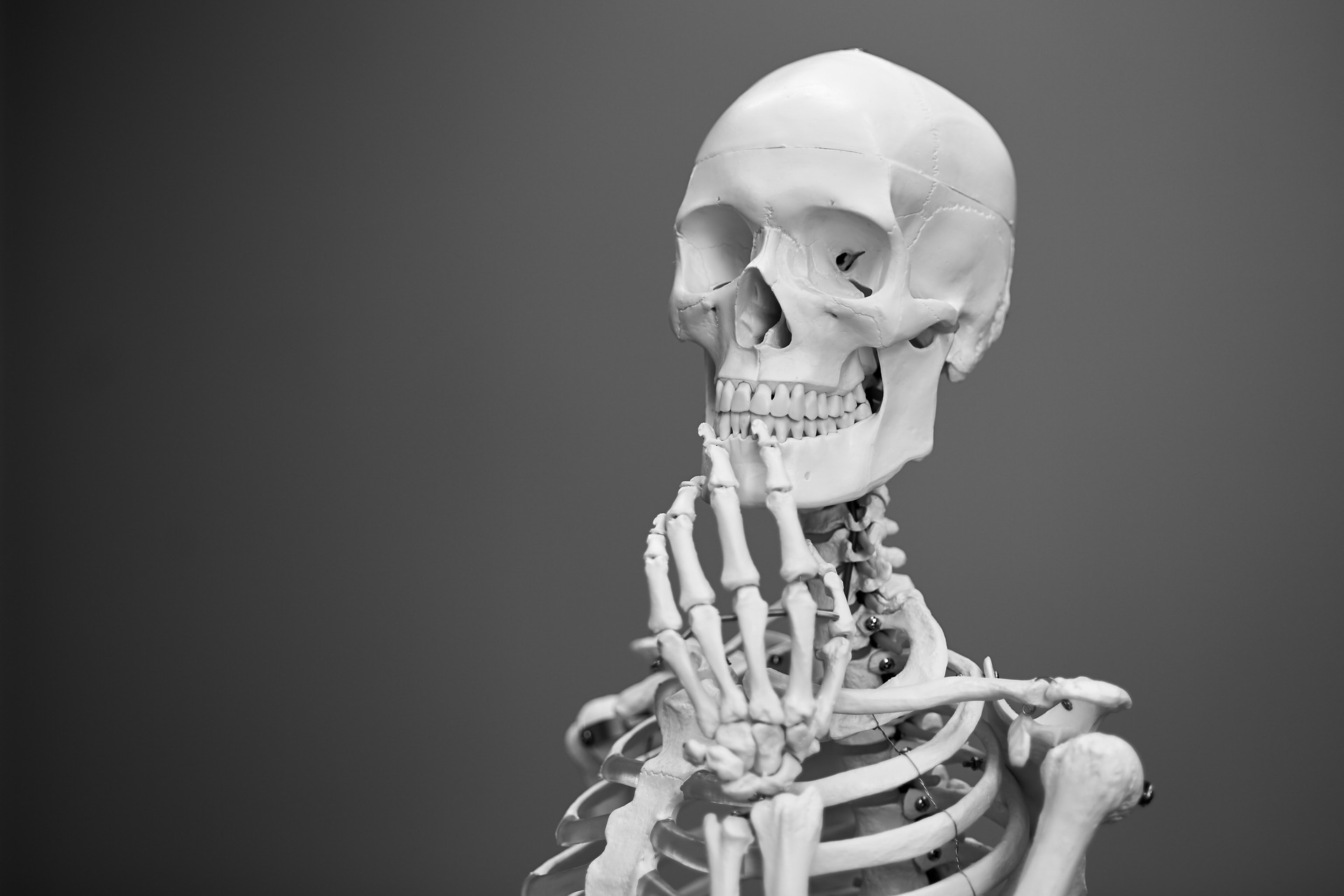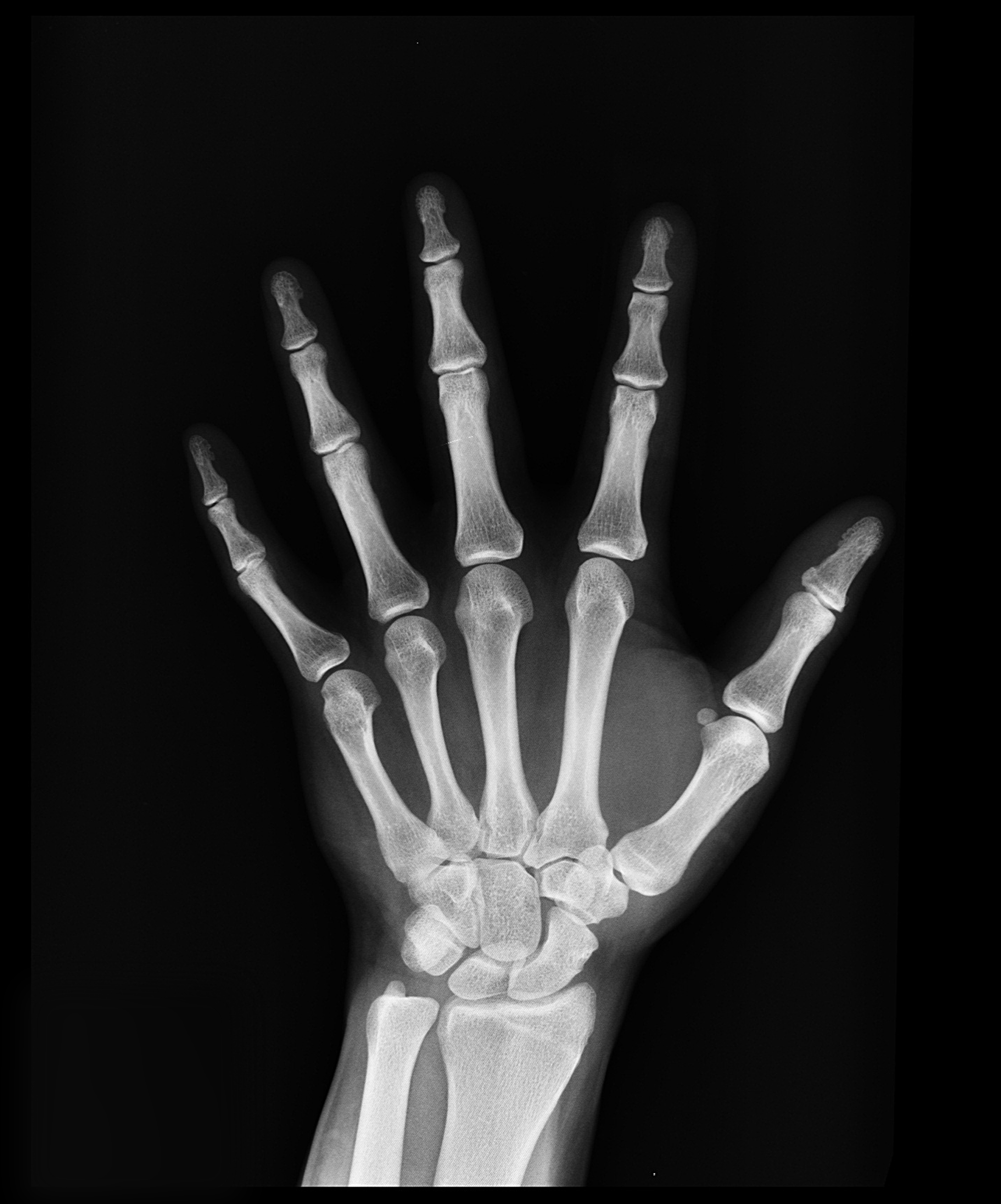When you think of bone, usually the first thing you think of is calcium, and rightfully so. Calcium is the most abundant mineral in the human body and our bones store more than 99% of it. But we can’t forget that bone tissue also stores other essential minerals too.
The body is constantly creating new bone tissue and breaking down old bone tissue in a process called bone remodeling. In order to build new bone, new tissue formation must exceed breakdown of old tissue. Calcium and other minerals are deposited when new tissue is created.
However, when levels of calcium in our blood are low, our body goes to the calcium stores in our bone so that it can continue to regulate heart rate, contract muscles and regulate nerve impulses. As we get older, we tend to lose bone tissue faster than we can create it.
The inability to create new bone can leave us susceptible to osteoporosis, osteopenia and other bone conditions. There are many things related to diet and lifestyle that can impact bone health. You can read about six of them below.
Sugar
Eating sugar increases the glucose levels in our cells and acidifies the blood. The body reacts automatically to the acidity by pulling calcium from bones as a buffer, allowing the acidity to drop within a normal range. When processing sugar, the body also uses up magnesium stores, needed for calcium absorption. And there is evidence that sugar prevents the body from creating vitamin D which is needed to absorb calcium and create new bone tissue.
Alcohol
Alcohol consumption negatively impacts the bone remodeling process. It also disrupts the the ability to make vitamin D, which is needed for calcium absorption. When you drink alcohol, cortisol levels rise, which further decreases bone formation and increases bone breakdown.
Soda
Many studies show a link between soda drinkers and low bone density increasing the risk for bone fractures. There are several thoughts about why, the first being that the body pulls calcium from bone to neutralize the phosphoric acid in soda. Caffeine can affect the ability to absorb calcium. And sugar itself can be a problem (see above). All three lead to lowered bone density.
Stress
Stressful situations cause a physiological response including changes in the release of certain hormones. When we are stressed, cortisol and glucocorticoids are released, inhibiting bone formation. The production of human growth hormone decreases, slowing down the bone remodeling process.
Antacids
The aluminum in antacids and proton pump inhibitors (PPIs) can cause a variety of problems. One of the problems is that aluminum displaces some of the calcium making it hard for the body to use the calcium to make new bone tissue. The other problem is that aluminum can bind to phosphorus (another component of bone) leading to a softening of bone.
By design, antacids are supposed to reduce the production of stomach acid to lessen heartburn and acid indigestion. It may relieve symptoms, but without stomach acid we can’t break down the foods we eat small enough so we can absorb them. This includes the building blocks like calcium and other nutrients needed to build healthy bones.
Other Medications
Some medications can interfere with the bone remodeling process and when used over a long period of time can lead to bone loss. This includes medications such as:
-
steroids used to treat arthritis, asthma and other conditions
-
chemotherapy and cancer drugs (anastrozole, exemestane, etc)
-
heparin for blood clots
-
diuretics (furosemide, torsemide)
-
diabetic medications (thiazolidinediones)
-
birth control (medroxyprogesterone acetate)
-
selective serotonin reuptake inhibitors (SSRIs) for depression
-
epilepsy treatment (phenobarbital, phenytoin)





